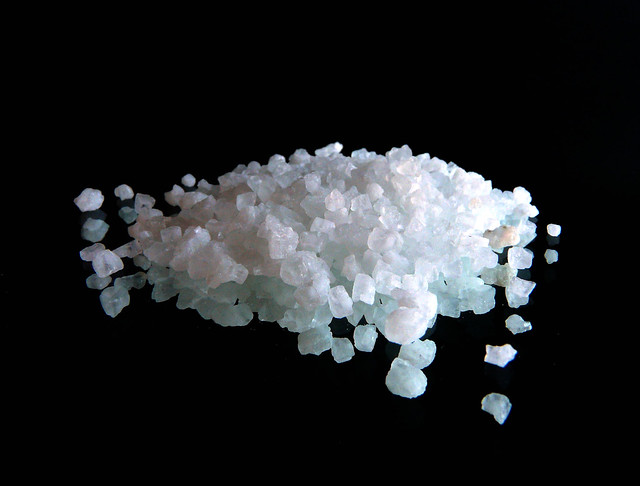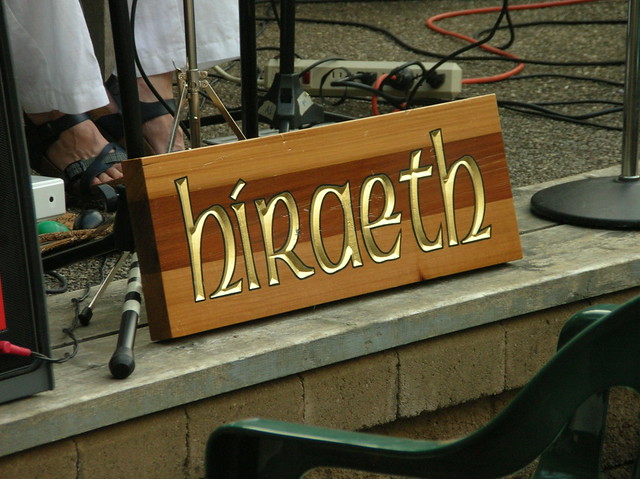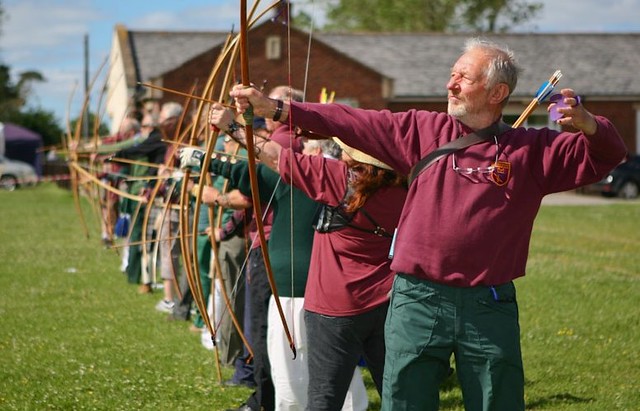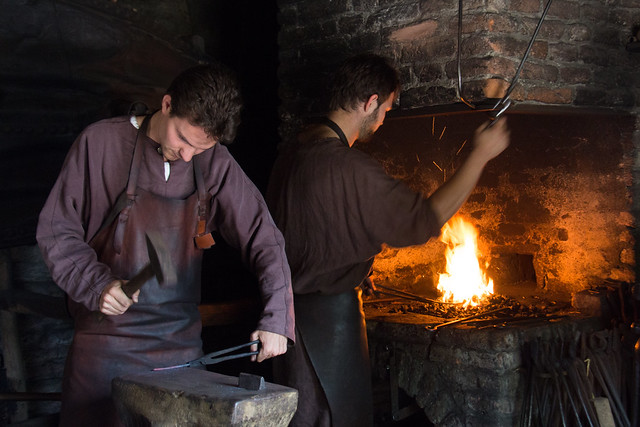Today we’re looking at the words for knots, bulges, and related things in Celtic languages.

| Proto-Celtic | *odbos = knot, bulge |
|---|---|
| Old Irish (Goídelc) | odb [oðb] = knot (in a wood); lump, swelling, protuberance; difficulty, problem odbach |
| Middle Irish (Gaoidhealg) | fodb, fobd = knot (in a wood); lump, swelling, protuberance; difficulty, problem |
| Irish (Gaeilge) | fadhb [fˠəibˠ] = knot (in a wood); callosity; lump (from blow); lumpy object; knotty problem, poser fadhbach = knotty, callous, lumpy; problematical, puzzling fadhbairne = lumpy object fadhbán = (small) knot, lump fadhbóg = (small) lump, whopping lie |
| Scottish Gaelic (Gàidhlig) | faob [fɯːb] = lump, knob, knot (in wood) faobach [fɯːbəx] = lumpy, knotty |
| Manx (Gaelg) | uddan = lump, node, knob |
| Welsh (Cymraeg) | oddf [ˈɔðv] = hard swelling or growth, hump, knob (on horn), gall, burl, knot (in wood), tuber, bulb, knob, lump, node oddfog = knobby, bulbous, tuberous, having a hump oddfynnog = bulbous, tubercular, tuberous |
Etymology possibly from the Proto-Indo-European *h₃ésth₁ / *h₂óst (bone) [source].
| Old Irish (Goídelc) | colmméne = skin |
|---|---|
| Middle Irish (Gaoidhealg) | colum = skin |
| Middle Welsh (Kymraec) | kulym, clwm, cwlm, kwlwm = knot, tie, bond kylymy, klymv, clymmu, c(y)lymaf, c(y)lymu = to tie, bind |
| Welsh (Cymraeg | cwlwm [ˈkʊlʊm / ˈkuːlʊm] = knot, tie; bond, connection, union, fetter, plot; bunch, cluster, bundle; node, nodule, knot in timber cwlwm gwlwm = knot tied twice clymu [ˈkləmɨ̞ / ˈkləmi] = to tie, bind, set, unite, couple, rally clymog = knotted, knotty, gnarled, tied, intricate, complex |
| Middle Cornish | colm = knot, tie, bond colma = to bind, tie colmen = knot, tie, bond, halter colmur = binder |
| Cornish (Kernewek) | kolm = knot kelmi = to knot kelmys = knotted |
| Middle Breton | scoulm, sclom, sklom = knot |
| Breton (Brezhoneg) | skoulmoù, skoulm = knot kouloumañ, kolomiñ = to knot |
Etymology uncertain
| Proto-Celtic | *nad-sko- = to bind |
|---|---|
| Old Irish (Goídelc) | snaidm [sn͈aðʲmʲ] = bond, contract, knot, pact snaidmid = to bind, knot nasicid = to bind airnaidmid = to bind, pledge |
| Middle Irish (Gaoidhealg) | snaidm = knot, bond |
| Irish (Gaeilge) | snaidm = knot, bond, constriction, contortion, tie, brace, problem, difficulty, problem; to knot, bind, tie, entwine, join, unite, knit snaidmeach = knotted, knotty snaidmeacht = knottiness snaidmeadóir = knotter, binder, tier, setter snaidmeach = knotty, knotted nasc = to tie, tether, chain, link, clasp, bond |
| Scottish Gaelic (Gàidhlig) | snaidhm [sn̪ˠaim] = knot, joint, knotting, tying a knot snaidhmeach [sn̪ˠaiməx] = knotty, abounding in knots snaidhmte [sn̪ˠaimdʲə] = knotted, tied with a knot nasg [n̪ˠasg] = tie-band, membrane of an egg, skeleton nasgadh |
| Manx (Gaelg) | sniem = bow, knot, snare; to knot sniemmit = joined, knitted, knotted, noosed, tied sniemmagh = knotted sniemmey = join, knit, knot, knotting, noose, tie, tying nast = award, bond, gift, gratuity, betroth naisht = affianced, bind, engaged |
| Middle Breton | nasca = to bind |
| Breton (Brezhoneg) | naskañ = to hinder, impede, obstruct |
Etymology from the Proto-Indo-European *gned-/*gnod- (to bind) [source]. The English word knot comes from the same PIE root, via Middle English, Old English and Proto-Germanic [source].
Words marked with a * are reconstructions.
Sources: Wiktionary, Am Faclair Beag, Online Manx Dictionary, Teanglann.ie, eDIL – Electronic Dictionary of the Irish Language, In Dúil Bélrai English – Old Irish glossary, Geiriadur Prifysgol Cymru, Gerlyver Kernewek, Gerlyvyr Cernewec, Dictionaire Favereau, TermOfis, Le dictionnaire diachronique du breton, Geriafurch, English – ProtoCeltic WordList (PDF), Etymological Dictionary Of Proto Celtic











